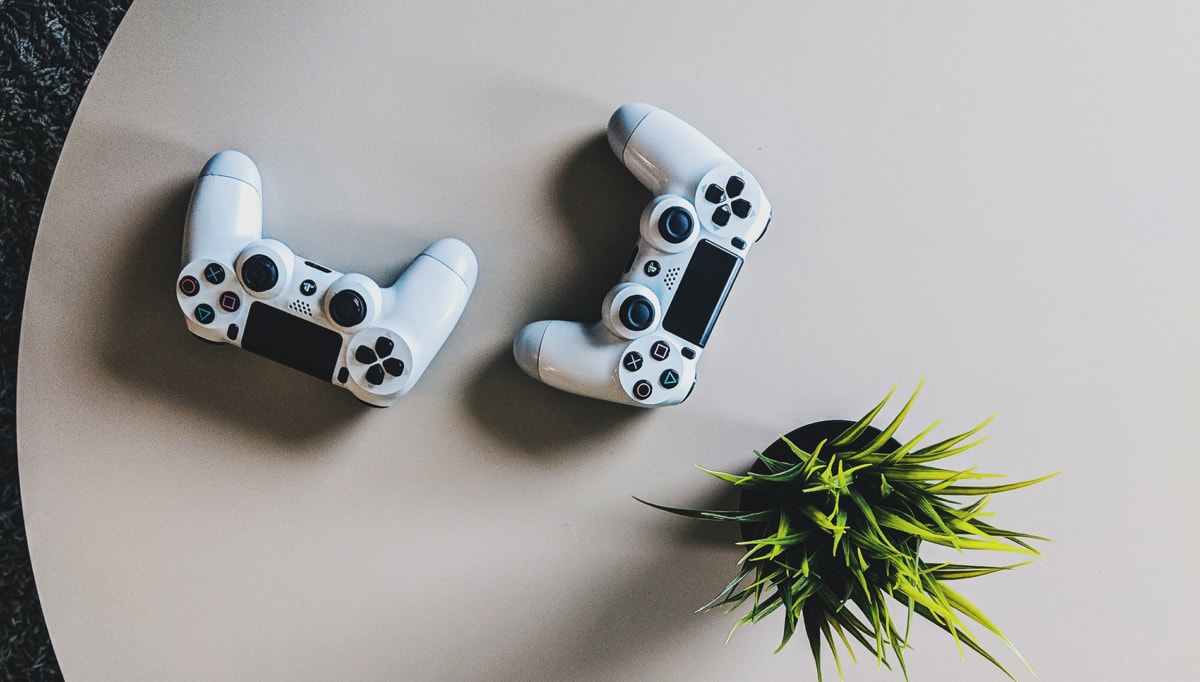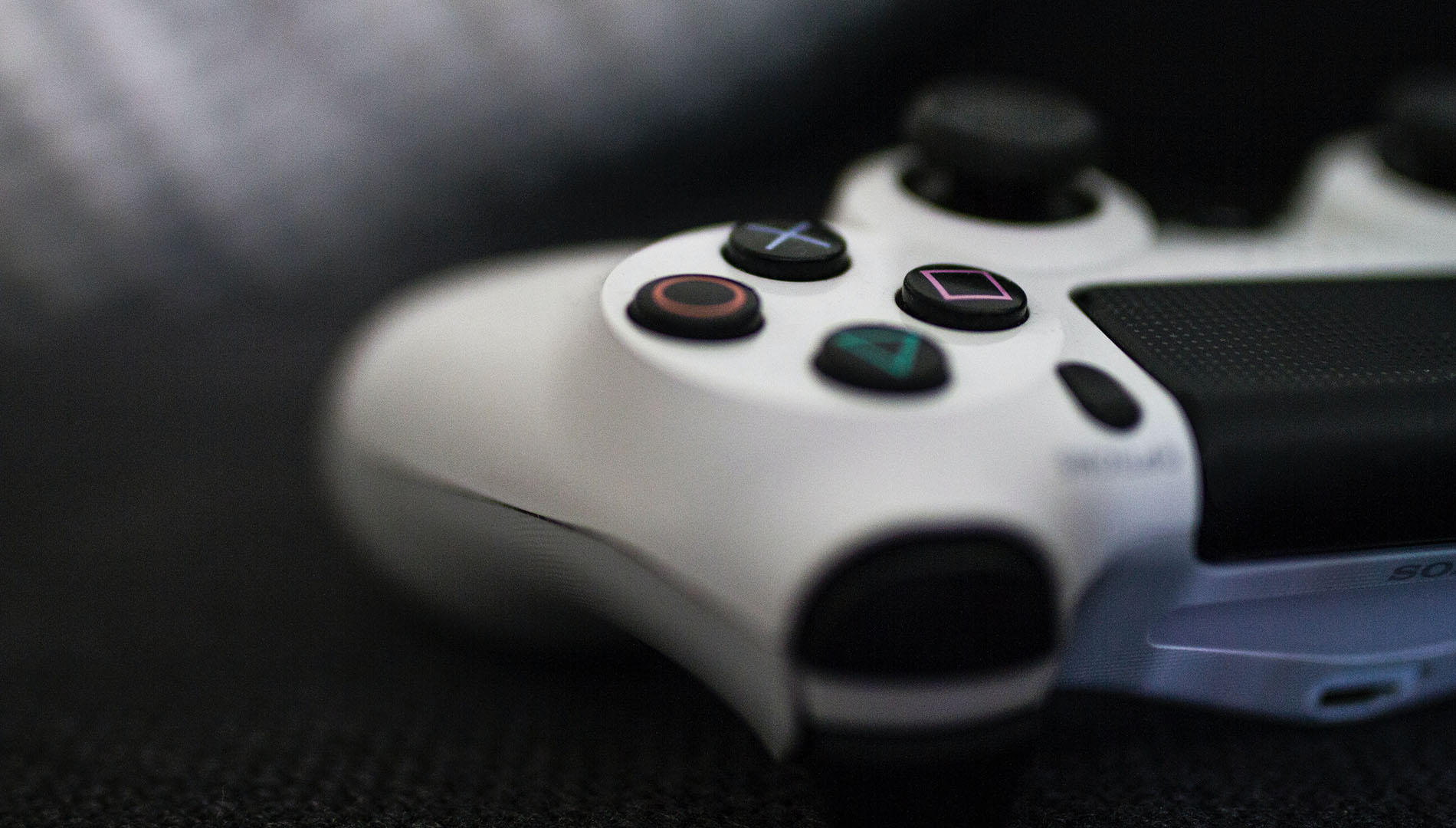Forward-facing organisations are starting to realise no matter how fast customer experience is evolving through the utilisation of user experience and insights, it is vital to also turn their attention inwards, to their employee experiences. To my and many others’ understanding, gamification is the process of adding games or game-like elements into a setlist of tasks to encourage participation and engagement. At the end of this blog, you have the opportunity to download the FREE ‘2020 gamification trend and benchmark report’.
Millennials are entering the workforce by storm, and the demand for digitalisation and gamification is on the rise to attract, retain, and develop employees. Throughout several decades, it is experimented and known that many companies have introduced game-like elements to retain customers in the hope of converting them into loyal customers, for example through loyalty points, badges, and rewards. However, would gamified implementations retain employees? Would business profitability grow? Would millennial employee’s attention span lengthen? For the past few years, gamification has increasingly been used to improve companies onboarding processes and learning initiatives. The future of gamification is in gamifying the entire employee experience and utilising new technologies available. What are the 5 trends of gamification that will drive employee engagement? Download the gamification trend and benchmark report below.

Millennials, born between 1982 and 2000, are the first digital generation for having spent their childhood or youth surrounded in digital environments. Commonly, millennials have a strong sense of individualism and a positive self-image, in addition to having unquestionably a shorter attention span. In hopes to keep this generation motivated at work, gamification may facilitate learning and development under the circumstances of ‘fun at work’. This generation also seeks to fulfil their flexibility needs, especially through working hours, because it is likely that a ‘hustle attitude’ would rise for short spans of time throughout the day. In reality, it is very relevant to be able to attract talented millennials and motivate them in their work. A generation grown up with technology is no stranger to gaming as it is a natural part of their youth, hence the need to add gaming elements to develop and sustain their competitive edge.
One of the most important factors of a successful company culture revolves around employees feeling a sense of belonging. Many of the most successful companies are almost cult-like, where the camaraderie between peers is strong. With the increasing trend of flexibility at work and people working from remote locations, companies are struggling to create a sense of belonging. Therefore, it is essential to take social aspects into account when building gamified experiences. A friendly game, kudos systems, appraisal and cheering each other on is a great way to build culture.
Download the FREE ‘2020 gamification trend and benchmark report’ by entering your information below.

